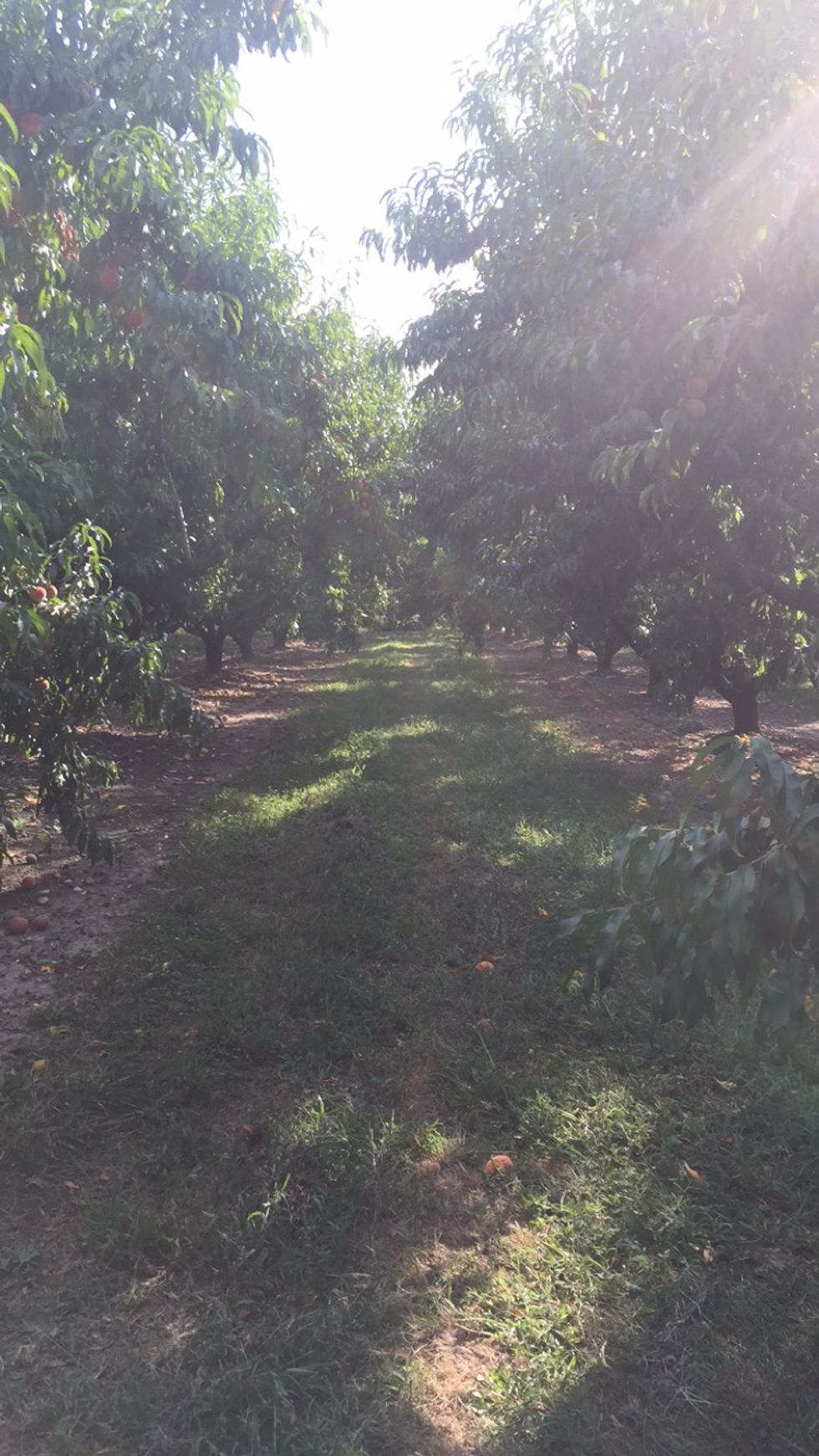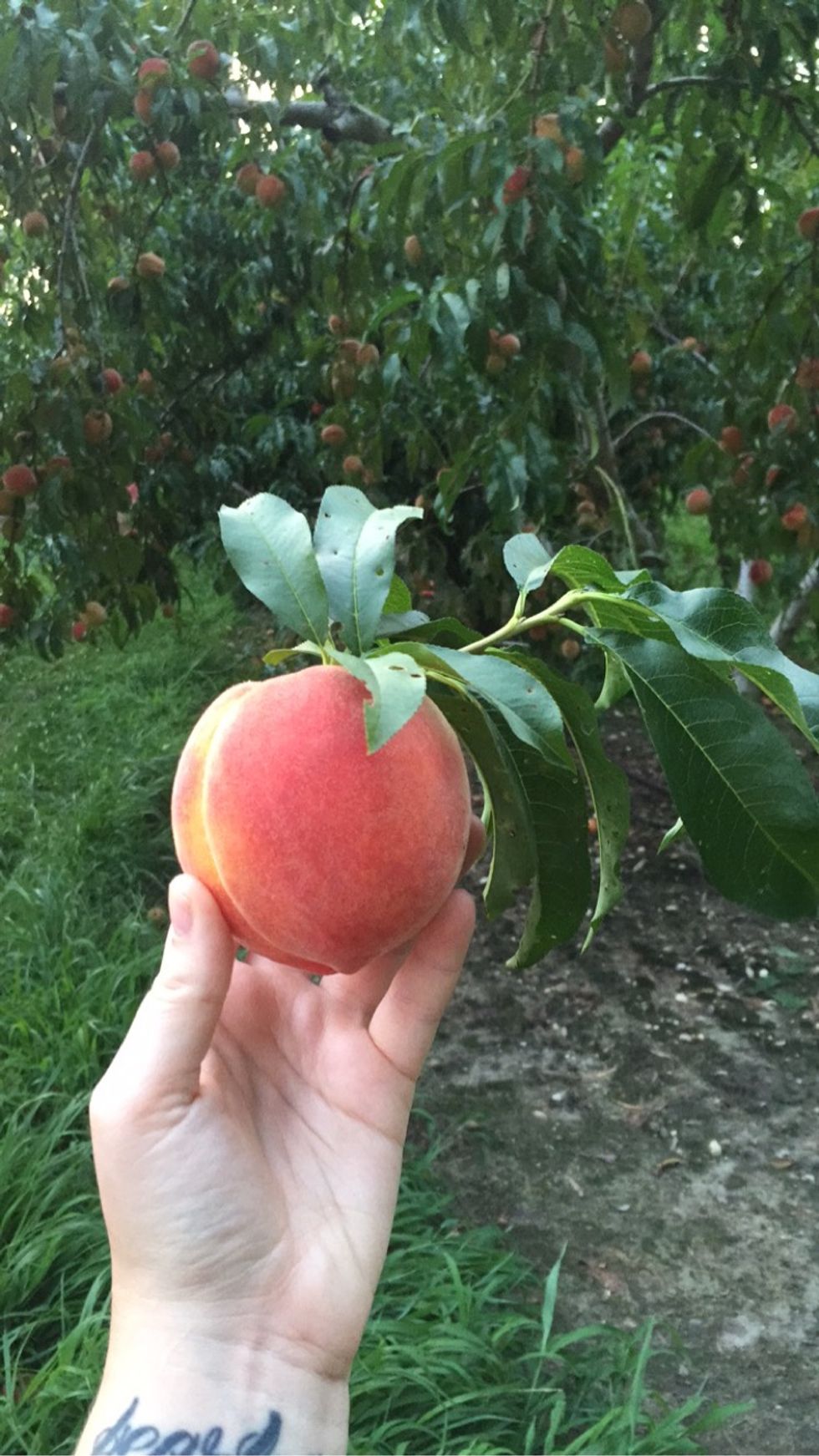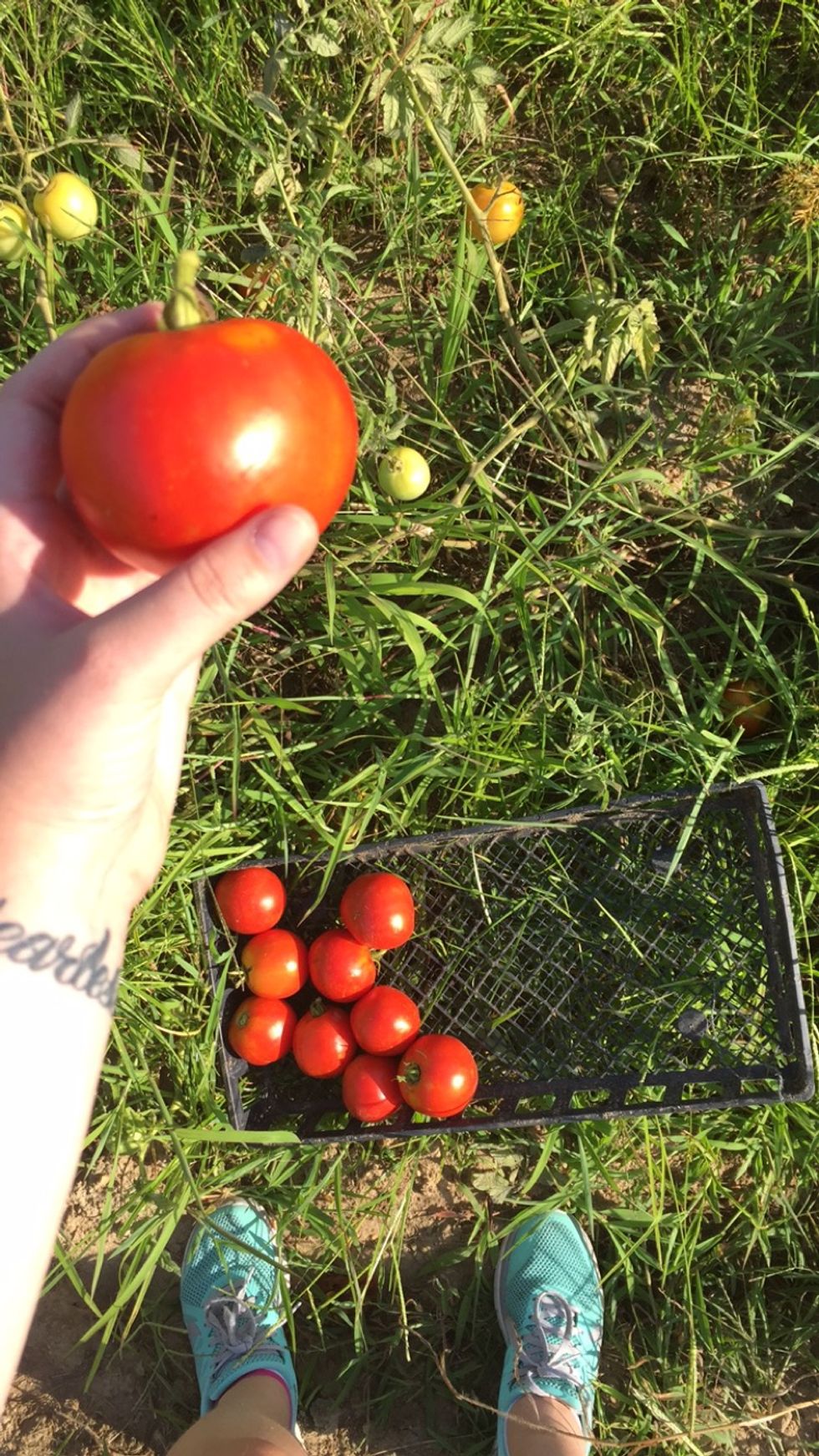Living in the Garden State, we take our fruits and veggies very seriously. The produce grown in New Jersey is unlike that of any other. Unfortunately for many, they never truly get to enjoy that luxury because most of what they buy is from chain super markets.

Better For Your Health
Locally grown produce more often than not is healthier than store bought produce. This is due to the fact that it is grown at smaller farms, versus the large corporate farming industries. These smaller farms usually grow their crops with compost, and cheaper chemicals (if any) than the bigger farms. Small family farms often do not even have the money or the means to purchase large scale chemicals and pesticides. Produce that is grown and sold locally, at farmers markets for example, do not need to be treated with the same harsh chemicals of those fruits and vegetables which travel a long way to your table. Store bought produce and out of season produce is picked early, so that it does not ripen and perish during travel. Because of their long travel this produce often requires wax and other protective coatings, to ensure that it makes it to your shopping cart in the best condition possible. Although still allowed under the FDA, these pesticides and wax coatings have proved to be detrimental to our health. The best way to avoid these chemicals is to buy certified organic, local organic, or to speak to your local farmer about what they use. As you may already know it can be a bit pricy to buy organic, however stopping at your local farmers market and asking to speak with the farmers won't cost you anything more than your time.
Tastes Better
As mentioned previously, produce that is out of season or not grown in your area has to travel a very long way to make it to your supermarket. The only way this is made possible is to pick the produce before it is ripe, and to coat it with chemicals so that it does not over ripen or blemish before purchasing. Fruit that ripens naturally on the vine or tree for example, is much fresher and better tasting than fruit that ripens in the produce section at the grocery store, or even on your kitchen counter. Not to mention all the chemicals and waxy coatings that are near impossible to wash off -- destroying the fresh taste.

Support Local Business
Small local farms are not supported by the government like the big agricultural businesses are. New regulations are constantly put in effect to keep small farms small, and large corporations large. If you want to continue to have the opportunity to eat local, your support as a customer is imperative to ensure that can still happen. To learn more about the endangerment of small local farms and locally grown produce, check out the documentary "Farmageddon" by Kristin Canty.
Better For the Environment
It is estimated that agriculture is currently responsible for about 30 percent of the world's carbon footprint, including the chemicals used on the produce, the chemicals emitted by factories, and the fuel emissions for transportation. If agribusiness continues to increase at this rate, our carbon foot print will continue to increase. Small local farms use composts and less chemicals, as well as no fuel emissions to grow/transport their crops. To better our planet and ensure that there is a planet earth in the future, big agribusinesses need to lessen their carbon footprint, or small local farms need to be more predominant. It seems to be a little bit easier to buy my produce down the street at the fruit stand, than trying to combat the "Big Six" agricultural companies.
Cheaper
Buying locally grown produce is cheaper in two ways; first, smaller farms have less taxes and fees to pay, so naturally prices are lower, as well as the produce doesn't not have to be shipped and you won't have to pay shipping and fuel fees, and second, buying locally means that you are only buying what is in season in your area. Buying in season crops from your area ensures that the manner in which the food was cultivated is in the easiest possible way, i.e without extreme farming methods and chemicals. Many local farmers will even cut deals with you by selling softened/ugly fruits and vegetables, selling in bulk, or through CSAs. CSA is a community supported agriculture agreement, in which people can pay a certain amount to a local farm and in exchange they receive boxes of produce based on what is in season. This is beneficial for the farms because it gives them the cash upfront before the season is in full swing, and it also guarantees the consumer fresh produce weekly/biweekly etc.
To learn more about community supported agriculture and to find one near you visit: http://www.localharvest.org/csa/
To find a USDA registered farmers market near you: http://search.ams.usda.gov/farmersmarkets/
Even better? Grow your own. There's nothing better than walking into your backyard and picking a basket full of fresh Jersey tomatoes.























